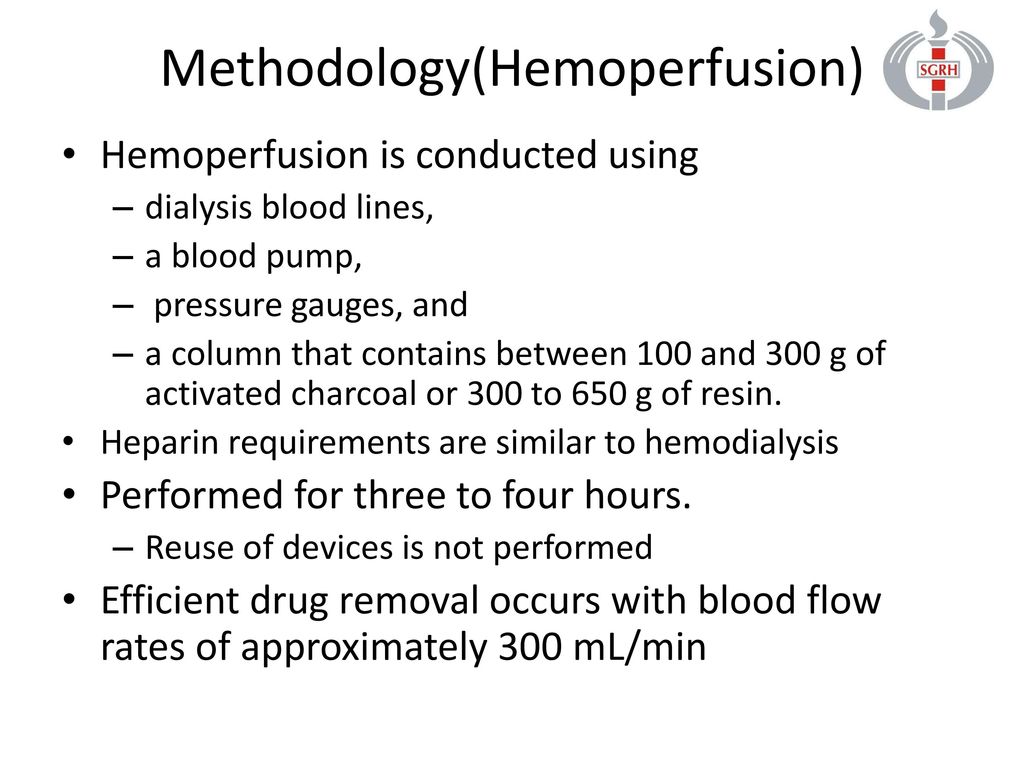Hemoperfusion (HMP)

Hemoperfusion (HMP): Mechanism, Applications, and Clinical Use
Hemoperfusion (HMP) is an extracorporeal blood purification technique that removes toxins, drugs, or inflammatory mediators by adsorption to sorbents (e.g., activated carbon, resins). It is used in emergencies like poisoning, sepsis, or organ failure, though its clinical utility remains debated.
Mechanism
- Adsorption:
- Extracorporeal Circuit:
Applications
- Toxin Removal:
- Sepsis/Inflammation:
- Combination Therapies:
- Paired with hemodialysis (HP-HD) or CRRT (HP-CRRT) for dual solute removal23.
Types of Hemoperfusion
| Type | Sorbent | Efficiency |
|---|---|---|
| Charcoal Hemoperfusion | Activated carbon | Broad-spectrum toxin adsorption15. |
| Resin Hemoperfusion | Polystyrene (e.g., XAD) | Targets lipid-soluble drugs (e.g., barbiturates)12. |
| Plasmafiltration-Adsorption | Sorbent beads | Plasma is separated, treated, and reinfused23. |
Clinical Considerations
- Indications:
- Limitations:
- Low specificity: Removes both toxins and beneficial molecules (e.g., clotting factors)13.
- Complications: Thrombocytopenia, hypoglycemia, bleeding risk13.
- Evidence:
Conclusion
Hemoperfusion is a niche therapy for toxin removal or experimental use in sepsis. While technically feasible, its clinical impact is often marginal compared to dialysis or supportive care.
Consult with Our Team of Experts Now!
At DrStemCellsThailand (DRSCT)‘s Anti-Aging and Regenerative Medicine Center of Thailand, we emphasize comprehensive evaluations and personalized treatment plans of Cellular Therapy and Stem Cells for managing various health conditions. If you have questions about Hemoperfusion (HMP) or would like more information on our services, consult with our experts today!















